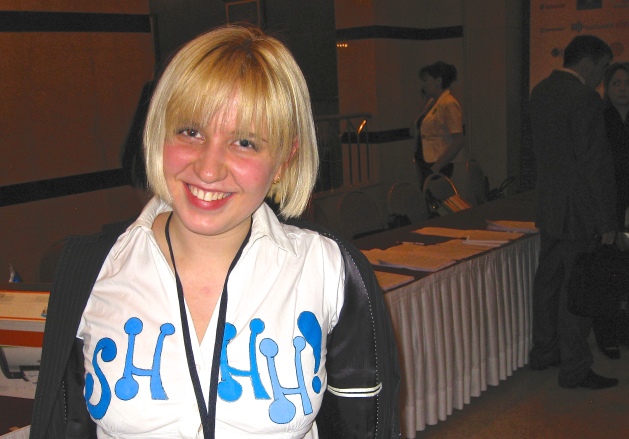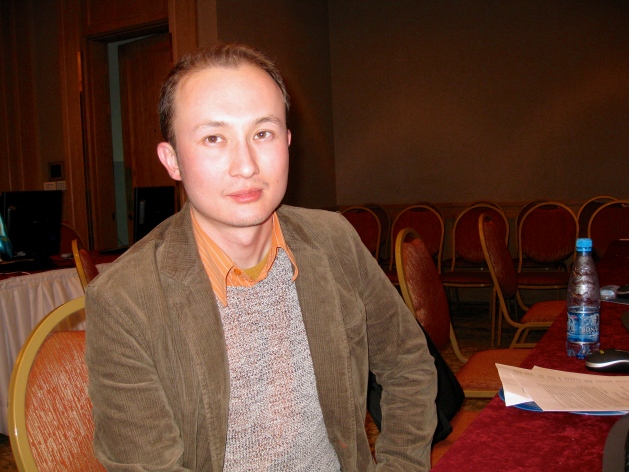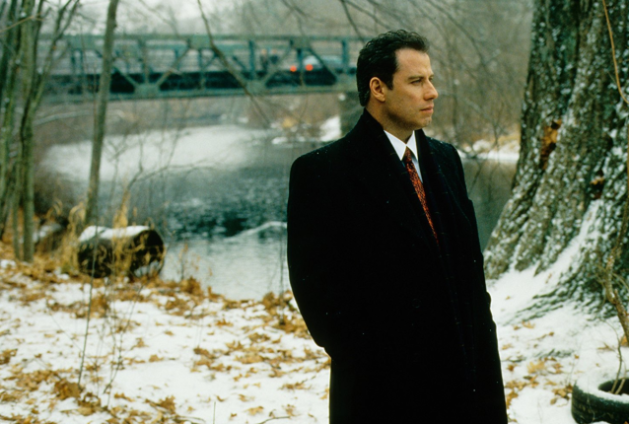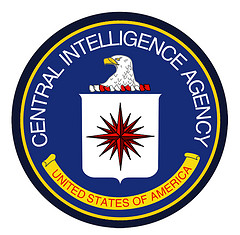
Winona LaDuke. Photo (cc) 2014 by Sustainability at Portland State University.
The late activist-journalist Danny Schechter was a friend and inspiration to many of us, and his voice is deeply missed. Fortunately, his spirit lives on in the form of the DANNY Awards, which honor those who combine excellence in journalism with social activism. What follows is a press release announcing that this year’s award will go to Native American activist Winona LaDuke. And here is an accompanying essay by Schechter’s business partner, Rory O’Connor.
NEW YORK — The Global Center, a nonprofit educational foundation dedicated to developing socially responsible media, is pleased to announce that the Native American leader Winona LaDuke is the recipient of the fifth annual Danny Award. The award, which honors the life and work of the late Danny Schechter, the “News Dissector,” is given each year to those who best emulate Schechter’s practice of combining excellent journalism with committed social activism. It includes a $3,000 grant to further the recipient’s work.
An environmentalist, economist, author and activist, LaDuke has already written six nonfiction books and has a new one, “To be A Water Protector,” coming out this fall. She’s also written “Last Standing Woman,” a novel about an American Indian reservation’s struggle to restore its culture. Her writings are widely published and cited in academic writing. A graduate of Harvard University, LaDuke has worked extensively in Native and community-based organizing and groups. In 1985 she helped establish the Indigenous Women’s Network, dedicated to “generating a global movement that achieves sustainable change for our communities,” and then, with the proceeds of a humanrights award, founded the White Earth Land Recovery Project to help the Anishinaabeg Indians regain possession of their original land base.
In the 1990s LaDuke became involved with the Green Party and was presidential candidate Ralph Nader’s running mate in both the 1996 and 2000 elections. Today she is the executive director of Honor the Earth, a Native environmental advocacy organization she co-founded in 1993 with the folk-rock duo the Indigo Girls. The organization played an active role in the Dakota Access Pipeline protests and remains a key opponent to proposals by the Canadian multinational corporation Enbridge to bring more tar sands to the United States. LaDuke continues to write and speak in support of water protectors and in opposition to other pipelines and mega projects near Native land and waters.
Among her many previous honors and awards, LaDuke was chosen by Time magazine as one of America’s 50 most promising leaders under 40 years of age; won a Reebok Human Rights Award and a Thomas Merton Award; was named the Ms. Magazine Woman of the Year for her work with Honor the Earth; and has been inducted into the National Women’s Hall of Fame.
Whether or not activism and journalism should mix remains controversial, but in the face of allegations of “fake news,” the invention of “alternative facts,” charges that the news media is an “enemy of the people,” and outright police assaults on reporters covering protests, it has increasingly become embraced by professional practitioners. To Matt Pearce of the Los Angeles Times, “Journalism is activism in its most basic form.” Wesley Lowery, who left The Washington Post in a dispute over his own activism, says the core value of news organizations “needs to be the truth, not the perception of objectivity.”
America’s “view-from-nowhere, ‘objectivity’-obsessed, both-sides journalism is a failed experiment,” Lowery has said. “We need to rebuild our industry as one that operates from a place of moral clarity.” A NewsGuild spokesperson added, “When people in power are sowing doubt about basic facts, journalism looks like activism.” And Lowery concludes, “Journalists perform acts of activism every day. Any good journalist is an activist for truth, in favor of transparency, on the behalf of accountability.”
Decades ago, pioneering journalists like Danny Schechter took a stance toward such controversial topics as apartheid in South Africa and human-rights abuses around the world that led to being branded with a metaphoric scarlet letter – A for Advocate – and told that his activism meant that he really wasn’t a journalist at all. As one of the first to marry the two, Schechter often faced scorn for combining journalistic endeavors with advocacy and activism in support of causes for the social good. While at CNN and later ABC News, he pushed against the constraints of cable and broadcast news. He left ABC to partner in the independent production company Globalvision and began producing programming about such topics as apartheid in South Africa and human rights abuses around the world.
Schechter knew from firsthand experience at CNN and ABC that the commercial media world was not then open to such coverage. So he offered it instead to public television. Rather than being welcomed, he was told by top PBS executives that opposition to the racist regime in South Africa was too controversial and that human rights was “an insufficient organizing principle” for a television program. The PBS reaction, combined with deceitful right-wing protests, led to being told that advocacy on behalf of human rights meant that he wasn’t a journalist at all.
Sadly, such views, while not universally held, are still somewhat prevalent in today’s media world. But as the pace of change within the field of journalism continues to accelerate, many are raising questions about the role of advocacy and the concept of objectivity. Journalists with strong points of view are now giving us news and insights we can’t find elsewhere — even within so-called “mainstream” media. Should we even bother any more trying to distinguish between so-called “objective” journalism and advocacy? Many experts now say no.
“We might have passed the point where we can talk about objectivity in journalism with a straight face,” Patricia Aufderheide, founder of the Center for Media & Social Impact at American University, has noted. “Objectivity was always a shortcut. It was a useful little shortcut of a concept to say you should be fair, you should be honest, you should have integrity, you should tell people accurately and responsibly what you think are the important things about what you saw or researched. If what we’re doing is advocating for the public, that’s our job.”
And if a piece of journalism “isn’t advocacy, it isn’t journalism,” declares Jeff Jarvis, director of Tow-Knight Center for Entrepreneurial Journalism at CUNY’s Craig Newmark Graduate School of Journalism. “Isn’t advocacy on behalf of principles and the public the true test of journalism? The choices we make about what to cover and how we cover it and what the public needs to know are acts of advocacy on the public’s behalf. Don’t we believe that we act in their interest? After all, what is a journalist, if not an advocate on behalf of the public?”
Perhaps the last word for now should go to someone who epitomizes the so-called mainstream media, New York Times publisher A. G. Sulzberger. While “we’re not retreating from the principles of independence and objectivity,” Sulzberger recently told his paper’s media columnist, “we don’t pretend to be objective about things like human rights and racism.”
The Board of The Global Center congratulates Winona LaDuke and applauds her for both her exemplary reporting about women’s and indigenous rights and sustainable development and for advocating for change in the spirit of the late News Dissector, Danny Schechter.
ABOUT THE GLOBAL CENTER: The Global Center is a nonprofit educational foundation dedicated to developing informative and socially responsible media and a new type of journalism in which the reporting of events and conditions is done in conjunction with those most affected by those events. In addition to operating its own projects, the Center also acts as a fiscal sponsor for outside media efforts that fit within its mission and guidelines.
ABOUT THE DANNY: The Danny Schechter Global Vision Award for Journalism & Activism is given annually to individuals who best emulate Schechter’s practice of combining journalism with social activism and advocacy. In addition to the award, announced each June, recipients receive $3000 to support future work. Previous winners include Jose Antonio Vargas, Patrice O’Neill, the reporters and editors of the Eagle Eye, the student newspaper of Marjory Stoneman Douglas High School in Parkland, Florida, and Wikileaks founder Julian Assange.
There is no way to apply for the DANNY. Recipients are chosen from a pool of qualified candidates. Those interested in contributing to the award can make tax-deductible donations to The Global Center. Please send contributions to:
The Global Center
P.O. Box 677
New York, NY 10035
Contact Rory O’Connor: roc@globalvision.org
Talk about this post on Facebook.










 Emily Rooney is taping the intro to a segment of WGBH-TV’s new local public-affairs show, Greater Boston. Or trying to, anyway. It’s been a long day. Her feet are killing her. And her first few attempts at hyping an interview with Charles Murray, the controversial academic who’s currently promoting his new book on libertarianism, haven’t gone particularly well.
Emily Rooney is taping the intro to a segment of WGBH-TV’s new local public-affairs show, Greater Boston. Or trying to, anyway. It’s been a long day. Her feet are killing her. And her first few attempts at hyping an interview with Charles Murray, the controversial academic who’s currently promoting his new book on libertarianism, haven’t gone particularly well.